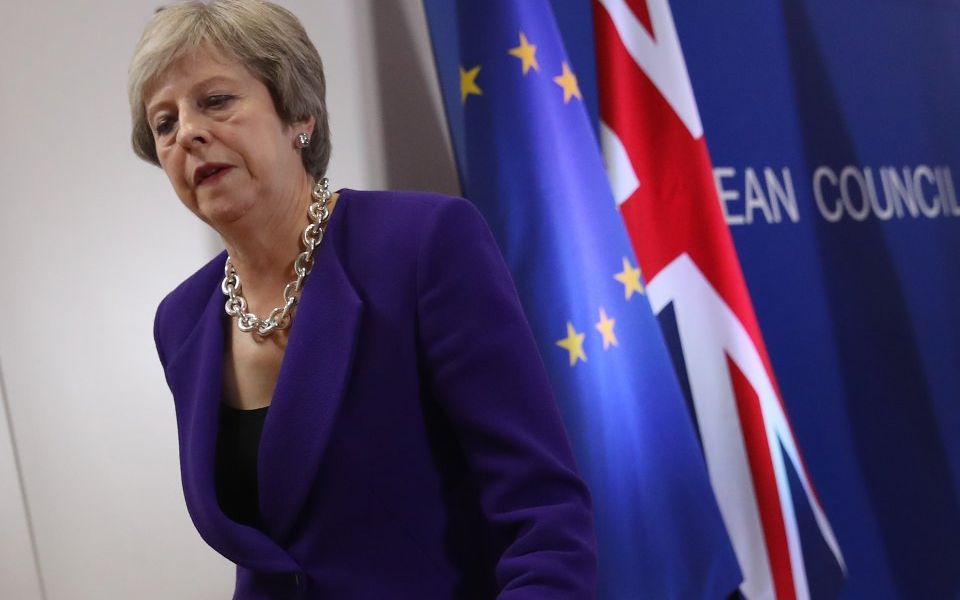No one in their right mind wants another year of Brexit transition – except the EU

Who is smiling on the Prime Minister’s announcement that the transition period after exiting the EU could be extended by an extra year?
Not the hardline Brexiteers, many of whom think that the UK should have left the bloc yesterday. Not the ultra-Remainers either – an extension of the transition still leads to the inevitable exit which, from their perspective, should be readdressed through a second referendum.
And everyone in between?
Read more: Theresa May rows back from Brexit transition extension after Tory backlash
They’re getting tired of the Brexit process – reading daily headlines about “developments”, which are often meaningless updates about negotiations that seem to have gained little traction since the vote to leave the EU over two years ago.
If they’re tired now, they’ll be downright exhausted in two (or three) years’ time.
Is there any deal that could convince the majority of politicians and voters that a five-year negotiating period was worthwhile? Perhaps a “perfect” deal, whereby the EU and UK achieve a bespoke agreement which delivers on every promise made during the referendum, without any upset to the status quo between the two bodies. In other words: complete wishful thinking.
There are, of course, deals to be struck that would benefit both parties – mainly a comprehensive free trade agreement, where rather than pursuing “alignment”, the UK and EU strive for mutual recognition of each other’s standards.
But nothing about the negotiations so far could have us believe that even a realistic outcome is mere steps away. The process has proven the age-old wisdom that the longer time period one has to complete a task, the longer that task will take.
With just a few months of negotiating to go, an additional transition year would only force difficult decisions further back, whether that be an agreement on migration rules, regulatory standards, or, most critically, overcoming the Irish backstop.
A third year of transition does not aid the UK’s mission to get a deal over the line; rather, it is an excuse for lack of progress, and creates more opportunities for both sides to stall the process.
Such indecision understandably angers voters. Regardless how one voted in the referendum, the Brexit “black hole” which has consumed our debate has pushed vital domestic policy issues – like housing, welfare, and social care – out of the spotlight.
Those looking to move into their first house or preparing to move out into a nursing home cannot afford another year of politicians ignoring these issues.
The extension also has a wider impact on UK businesses and the economy. Extending this period of uncertainty further backs industry into a corner, making it near impossible to make future plans.
Very few players have been made happy by this week’s prospect of an extended transition.
There’s just one – the EU– which does stand to gain, from an estimated £10bn additional pay-out for the extra year the UK remains in transition, and the extra time during which the UK plays by its rules, having no say or seat at the table.
Politicians were tasked with a job to do in June 2016. We’re all used to government projects going past deadline and over budget, but on this occasion, the lack of enthusiasm all round suggests that leaders should not rely on a grace period from the public.
Read more: Dominic Raab seeks to scupper MPs' 'meaningful vote' on Brexit